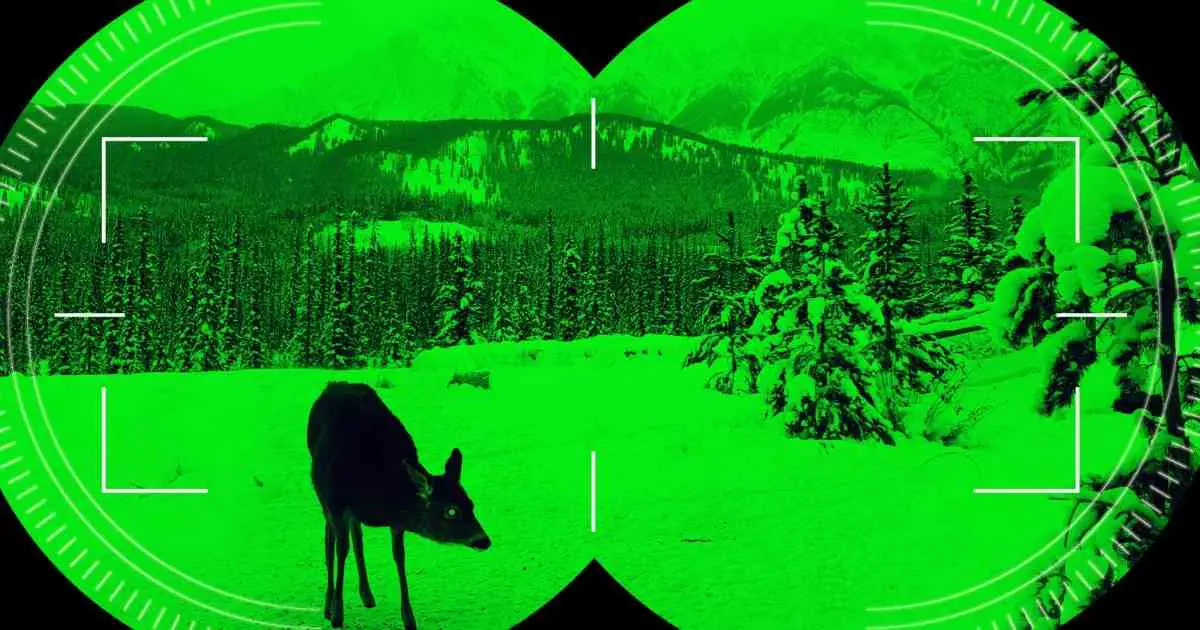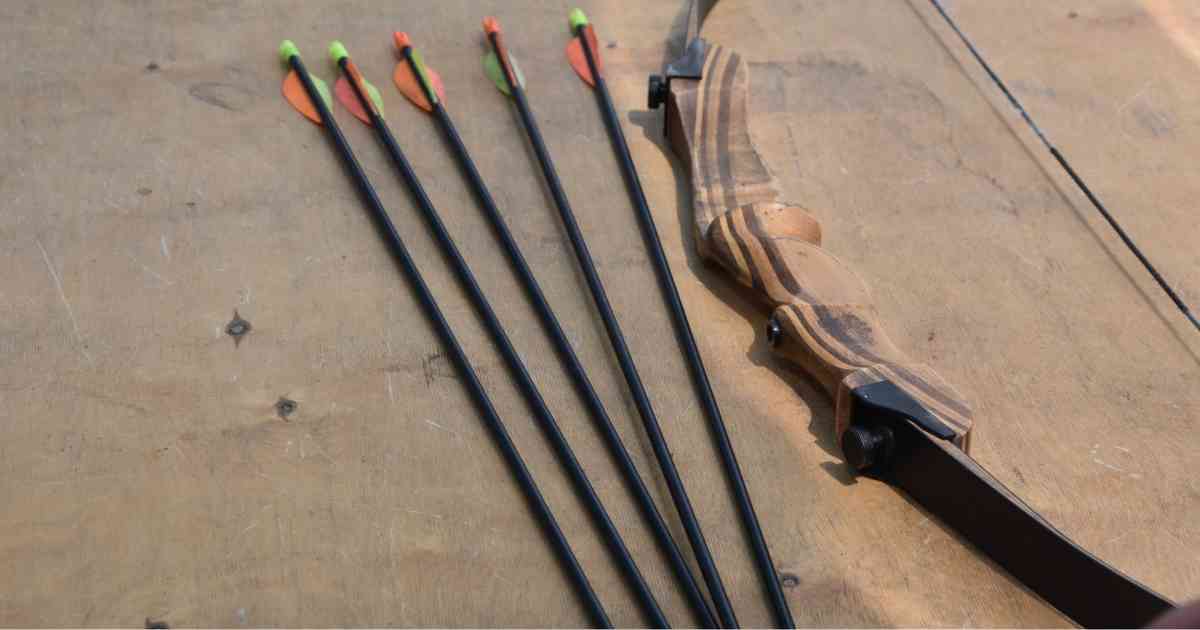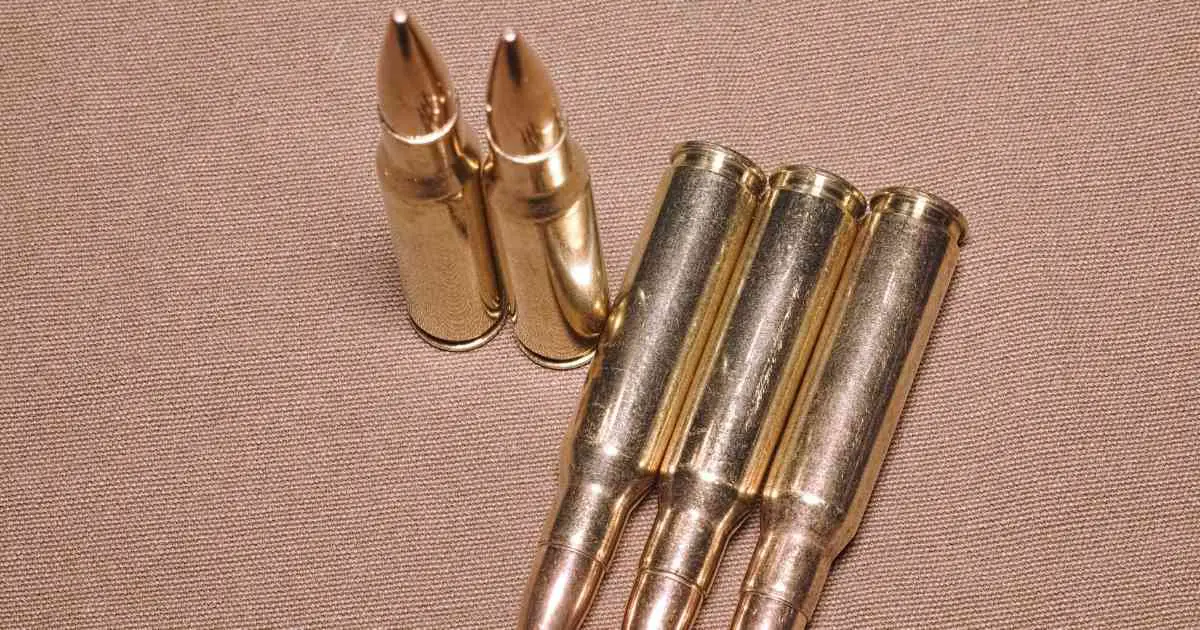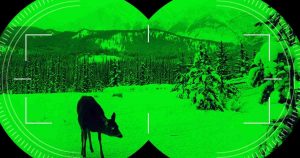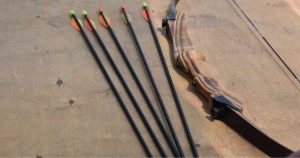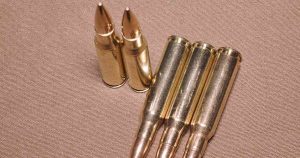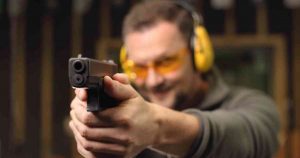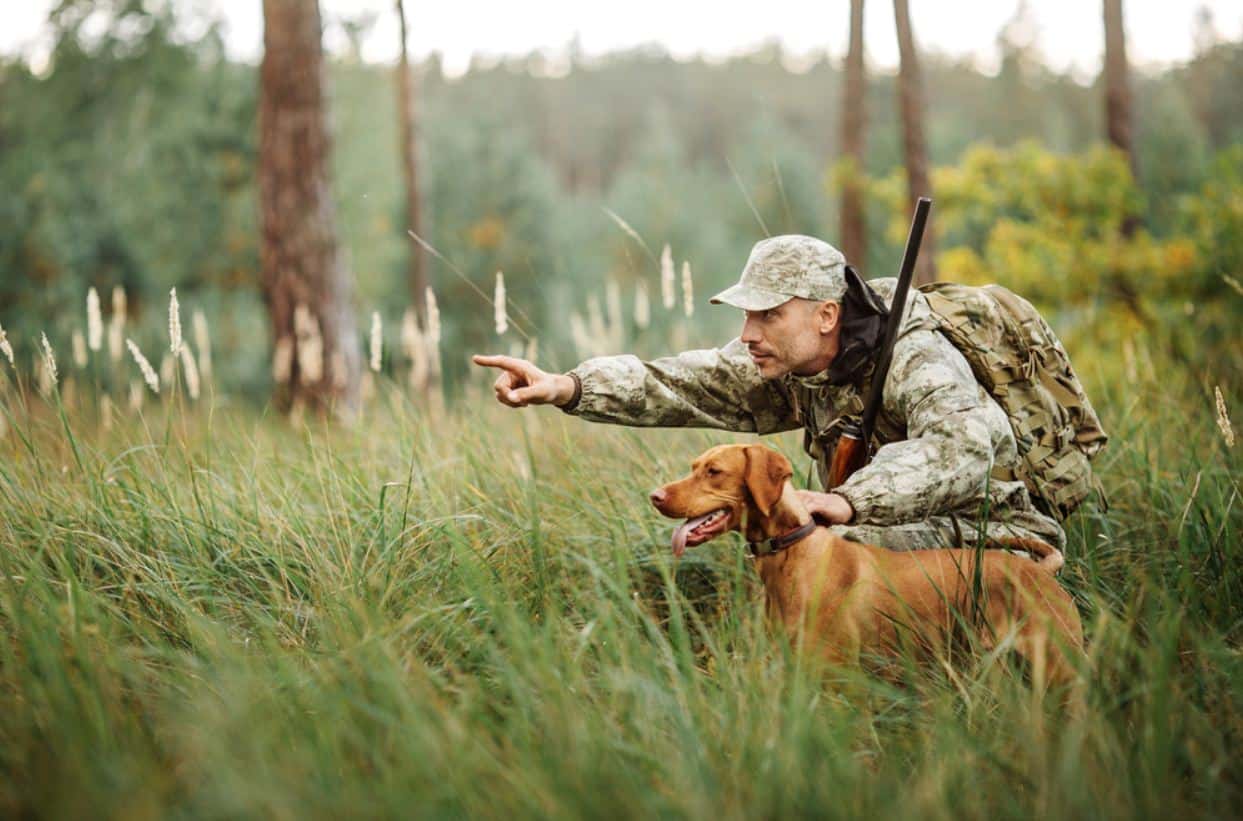
The moment of the opening of the closure is approaching, and we have to start preparing our dogs. Already in other articles, we have talked about the importance of nutrition and the exercise to be carried out from the moment when the hunting season ends, until the beginning of the next, this is during the period of general closure.
Hence, before the arrival of the new season we have to accelerate a little the physical preparation of our animals, but for this, we must first make sure that they are in an optimal state of health.
Related Article: Skin Problems in Hunting Dogs
As a hunter and veterinarian I think that for a dog to do a good job in our hunting days, in addition to preparing it well physically, it must be free of any disease that may influence its performance.
It is advisable to do a review at least once a year to the dog and now is a good time since we are going to increase the training rate of the animal, and when the hunt arrives, we will demand it even more if possible.
We must ensure that the animal is properly vaccinated and dewormed, performing a good exploration by the veterinarian who, in addition to detecting pathologies in the animal, can even prevent them.
In the season many of us move out of our territory, and as we know, in some of the communities where we hunt, the vaccine against rabies is still compulsory as well as the implantation of the microchip to identify our animals.
Also recommended are vaccines against distemper, leptospirosis, and trachea infectious bronchitis also called ‘a kennel cough’.
The latter although rarely can lead to the death of the animal, it is highly contagious and will force us to an approximate treatment of between 7 and 15 days, with due rest, which means that we will be unable to practice hunting during all these days.
As for deworming, it must be done internally and externally. By this, I mean that you have to carry out worming of intestinal parasites and use antiparasitics against fleas, ticks, and mosquitoes.
I’m going to do a little emphasis on the mosquito because, although it was previously nonexistent in our latitudes, it is increasingly common to find cases of leishmaniasis in the areas where we hunt, that is, that it is advisable to take extreme precautions, either by using collars or other useful antiparasitic agents that exist in the market, and that prevent infection by this type of parasite.

